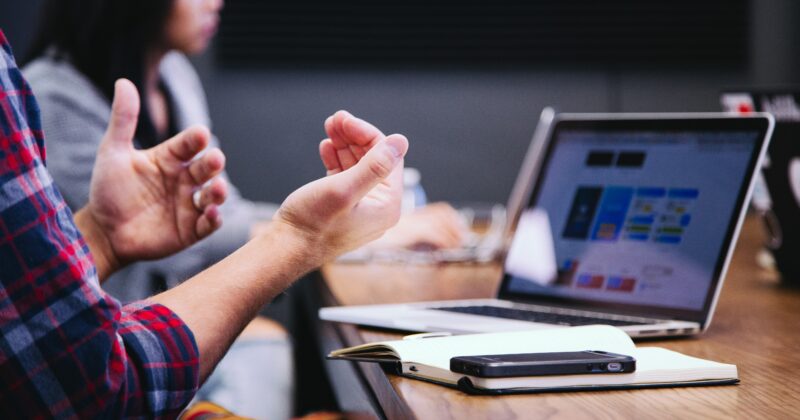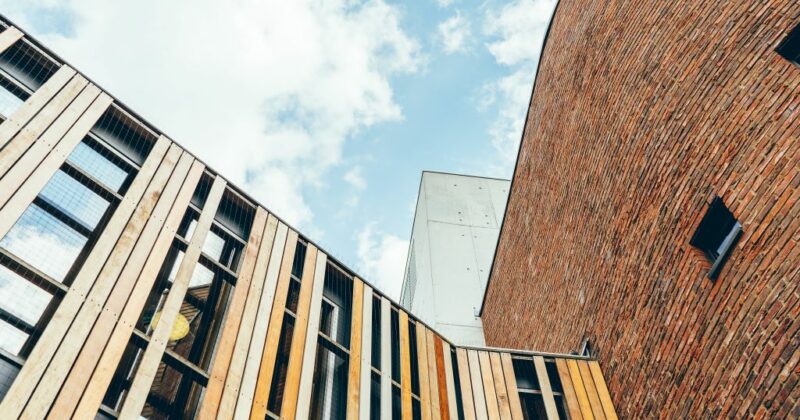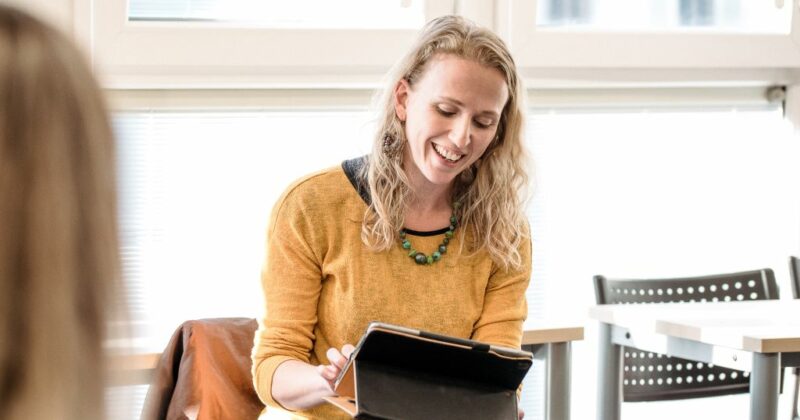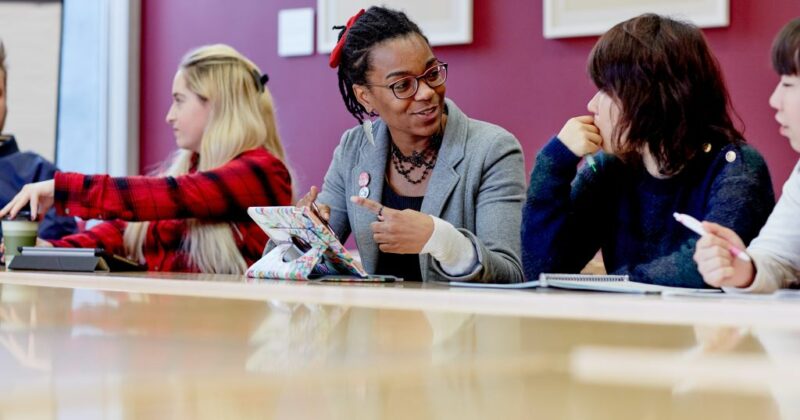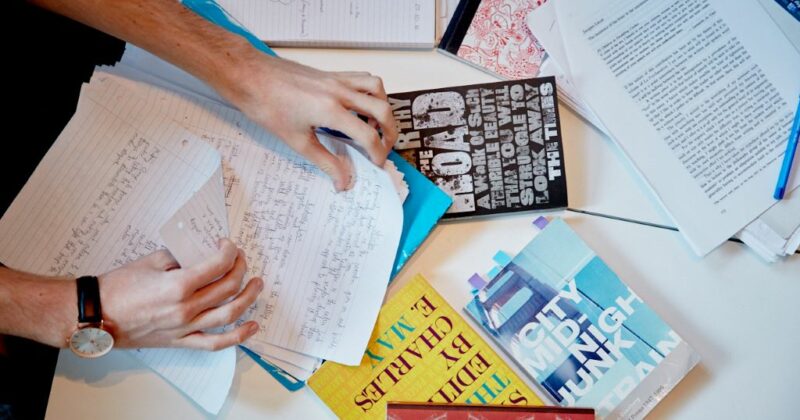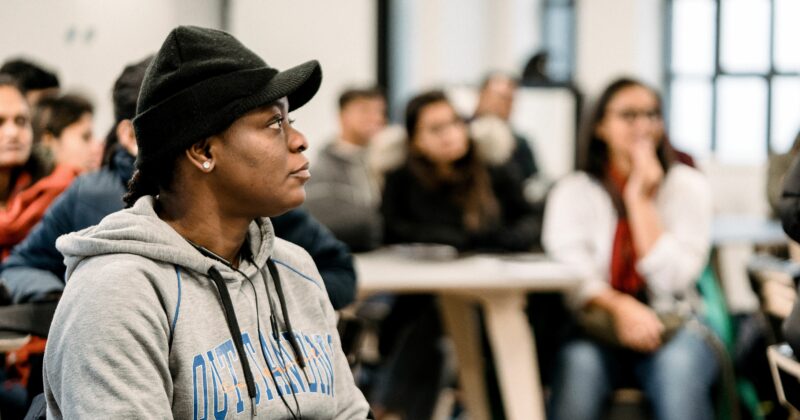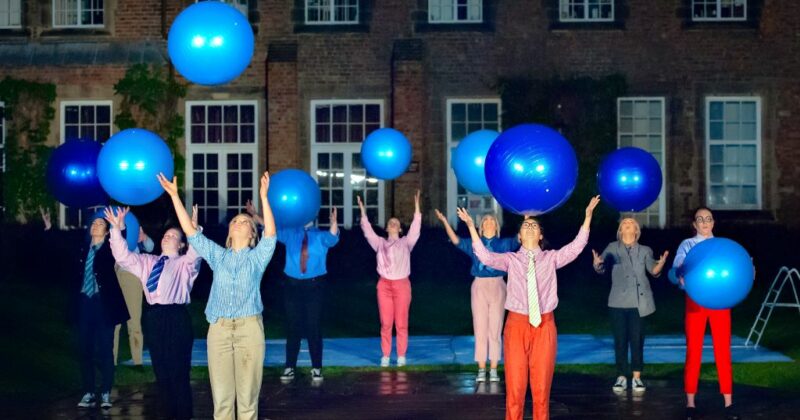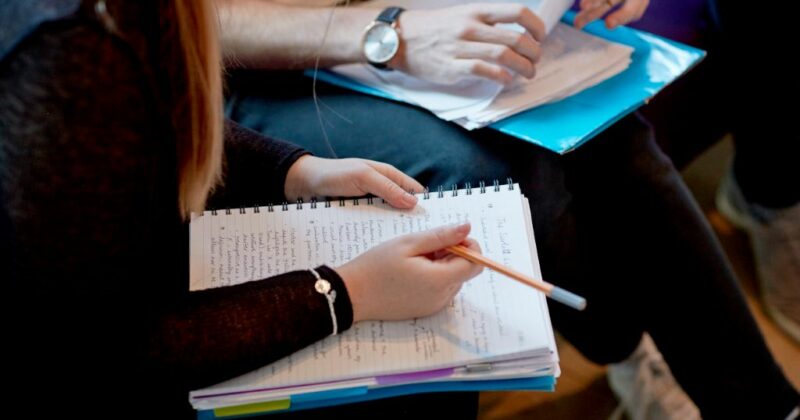
Academic skills: editing and proof reading
Facilitator: Study Development team
Session Overview:
During this session, you will have the opportunity to develop your skills for editing and proofreading your own work. You will have the chance to objectively assess your writing to be able to revise and refine your drafts.
Learning Outcomes:
Methodically plan and work through points for editing and proofreading
Gain confidence in checking your own work and that of your peers
This session will take place online via Microsoft Teams and will be recorded. To book your place via Eventbrite, please click here....
